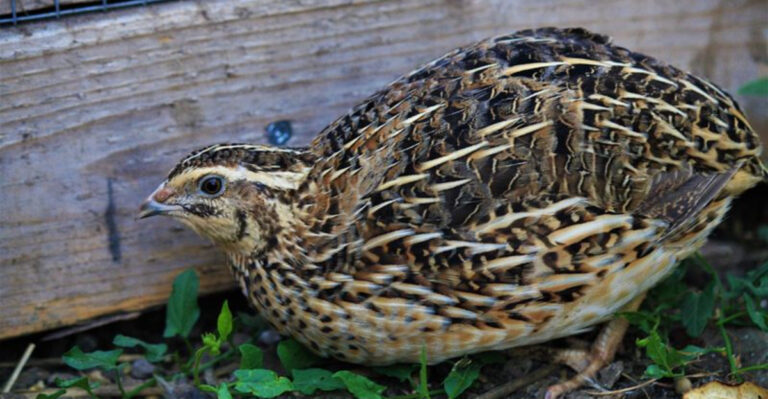5 Things You May Regret Doing In Your Dog’s Final Days And 10 That Bring Comfort

Saying goodbye to a furry friend ranks among life’s toughest moments. Those final days with your dog can be filled with both heartache and beautiful moments of connection.
Knowing what to do – and what to avoid – can make this difficult transition more peaceful for both of you.
1. Regret: Postponing Tough Decisions
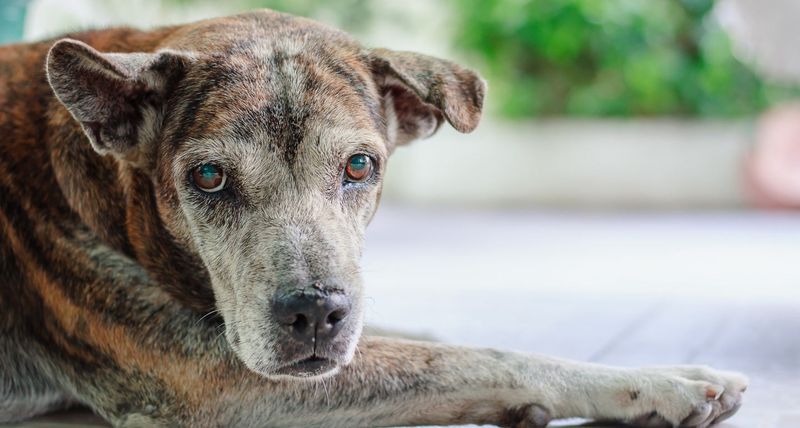
Waiting too long to make end-of-life choices often leads to unnecessary suffering. Your veterinarian can help assess quality of life using specific indicators.
Many owners later wish they’d acted sooner when looking back at their pet’s final days. Trust your instincts – you know your companion better than anyone.
2. Regret: Hiding Your Emotions

Bottling up grief doesn’t help you or your dog. Dogs are remarkably intuitive and can sense your emotional state.
Allowing yourself to express sadness actually creates space for authentic final moments together. Your pup deserves your genuine presence, not a brave face that distances you from them.
3. Regret: Avoiding Final Moments
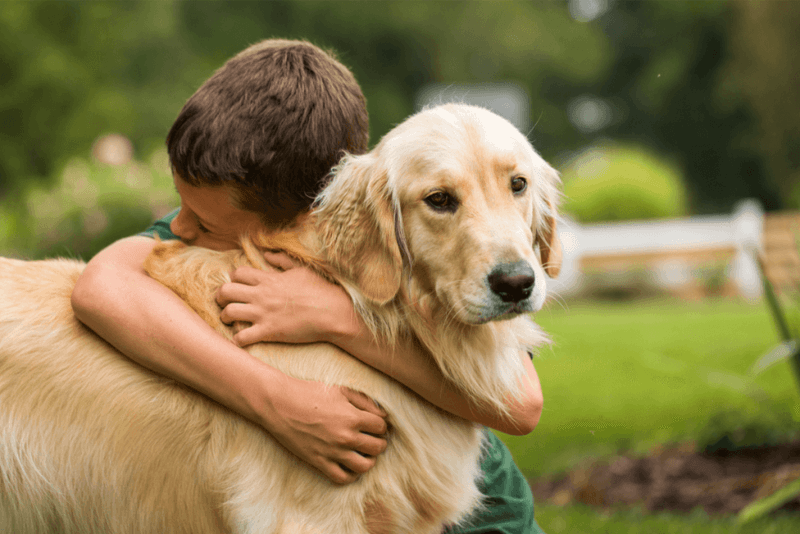
Stepping away during euthanasia might seem easier but often leads to lasting regret. Your presence provides immeasurable comfort during their transition.
Your dog has trusted you their entire life. Being there at the end completes your journey together and provides closure that helps healing begin.
4. Regret: Neglecting Comfort Measures
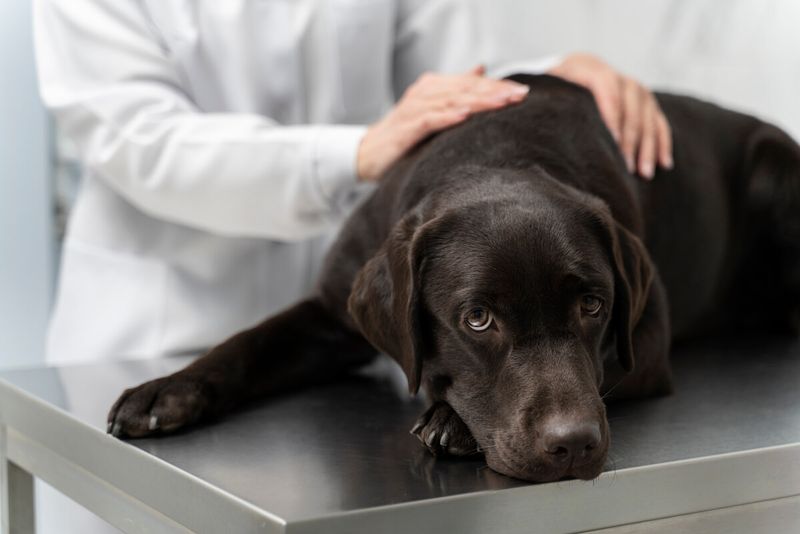
Failing to address pain management can significantly impact your dog’s final days. Even subtle signs like reluctance to move deserve attention.
Work closely with your vet to develop a comprehensive comfort plan. Medications, environmental adjustments, and gentle supportive care can make an enormous difference in your dog’s experience.
5. Regret: Forgetting To Say Goodbye
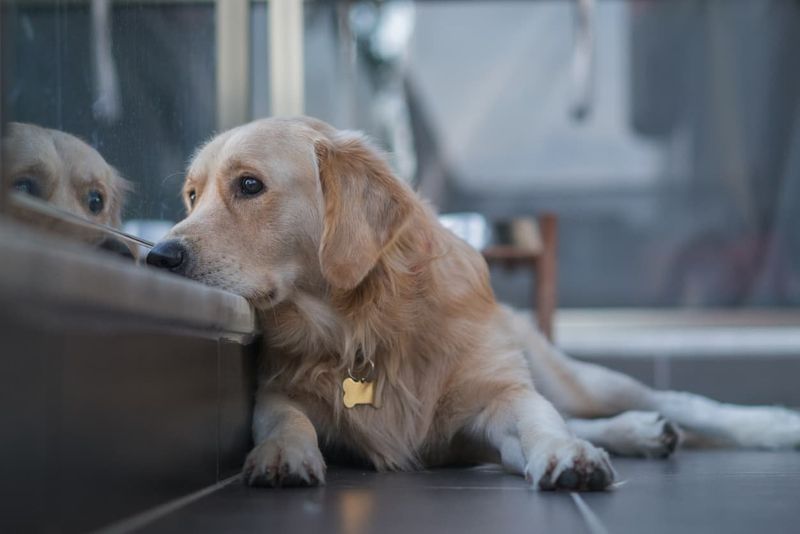
In the rush of medical decisions, owners sometimes miss the chance for a proper farewell. This quiet, intentional time matters deeply.
Set aside uninterrupted moments to express what your dog has meant to you. Though they may not understand your words, they’ll feel your love and attention in ways that transcend language.
6. Comfort: Creating A Bucket List
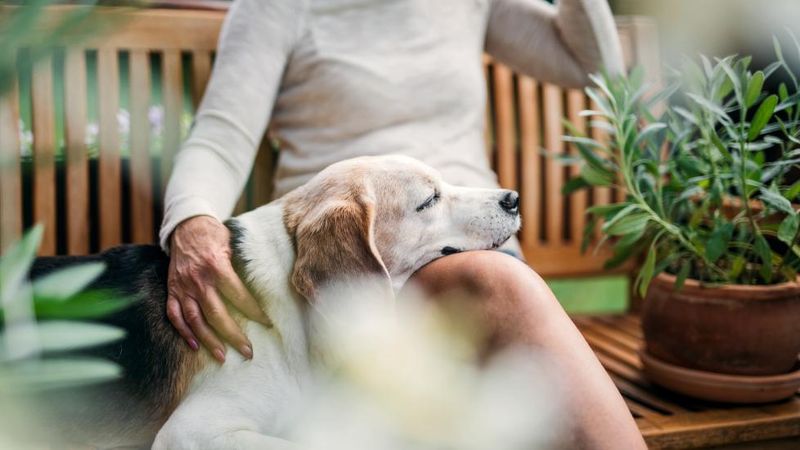
Crafting simple joys for your dog’s final chapter brings purpose to difficult days. Maybe it’s visiting their favorite park or enjoying forbidden foods now that dietary restrictions matter less.
These special experiences aren’t just for your dog – they create meaningful memories you’ll cherish later. Keep activities gentle and tailored to their current abilities.
7. Comfort: Gathering Paw Prints
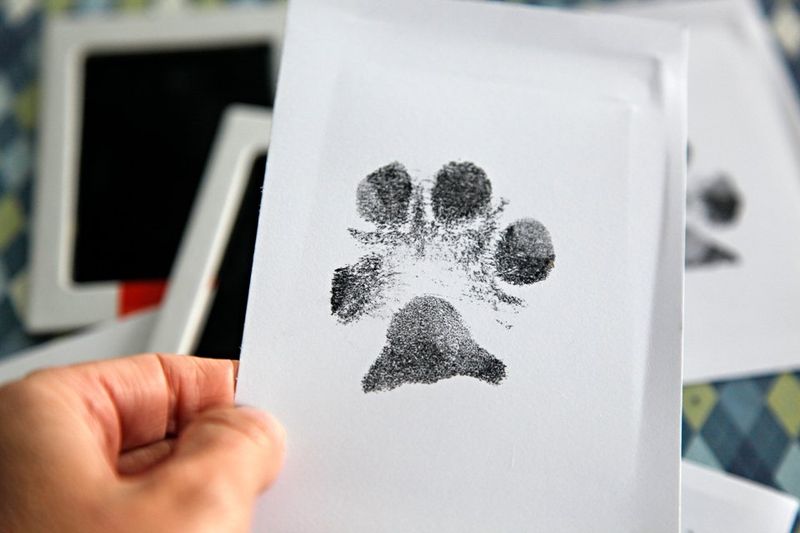
Capturing your dog’s unique paw print creates a lasting keepsake. Many veterinary clinics offer this service, or you can use pet-safe ink kits at home.
These tangible mementos become treasured connections to your companion. Some owners incorporate prints into photo frames, jewelry, or memorial stones that honor their dog’s journey.
8. Comfort: Arranging Home Visits
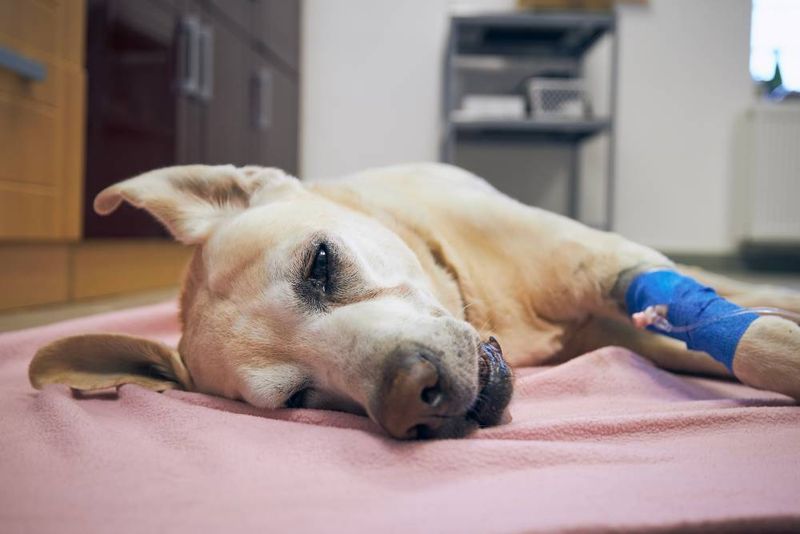
Many veterinarians now offer home euthanasia services, allowing your dog to remain in familiar surroundings. This eliminates stressful car rides and clinical environments.
The comfort of their own bed, your lap, or favorite sunny spot can make all the difference. Home visits often allow for more time and privacy during these precious final moments.
9. Comfort: Taking Meaningful Photos
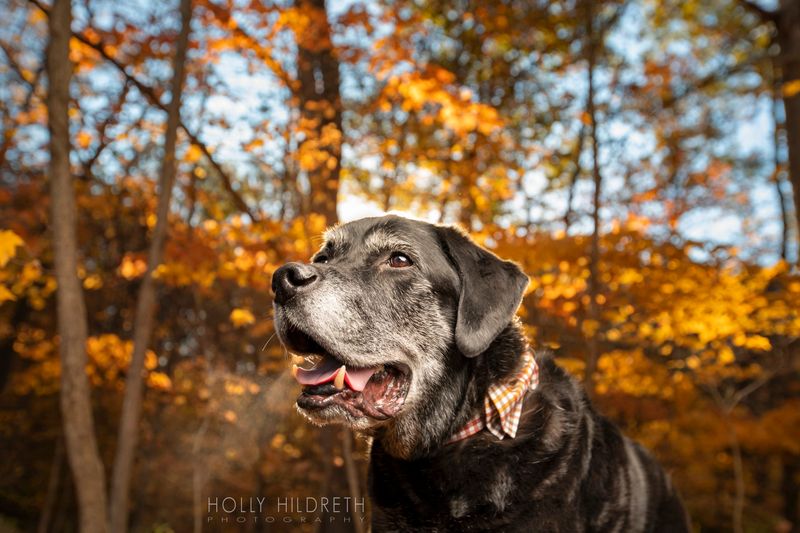
Gentle photo sessions capture your dog’s spirit one last time. Focus on beautiful details – their expressive eyes, unique markings, or the way their ears perk up.
These images become priceless after they’re gone. Consider hiring a pet photographer who specializes in end-of-life sessions, as they understand how to work respectfully with senior pets.
10. Comfort: Inviting Special Visitors

Arrange visits from people who’ve been important in your dog’s life. These meaningful connections bring joy to everyone involved.
Former dog walkers, neighbors who always had treats, or friends your pup adores can create beautiful final interactions. Keep visits short and low-key, watching for signs of fatigue.
11. Comfort: Exploring Memorial Options

Planning a meaningful tribute brings comfort during difficult transitions. Options range from backyard ceremonies to professional services or creative remembrances.
Some families plant memorial trees, create custom urns, or establish scholarship funds at animal shelters. Having these plans in place helps channel grief into honoring your dog’s legacy.
12. Comfort: Maintaining Routines
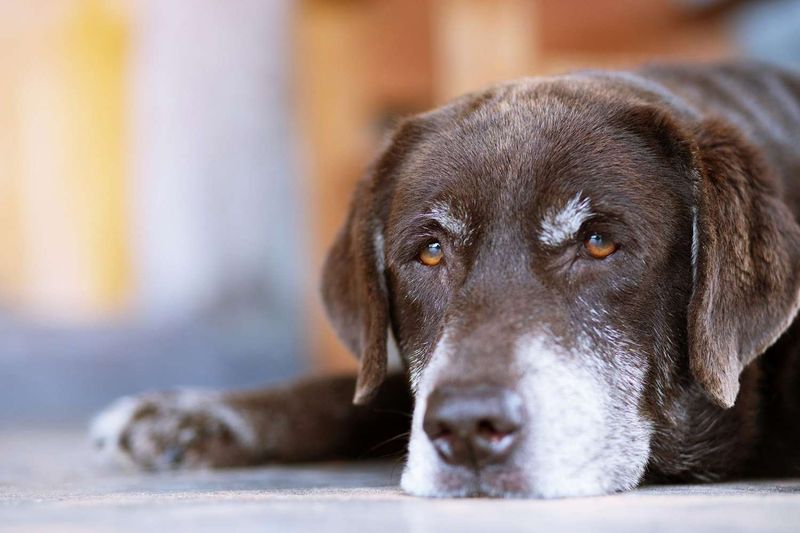
Familiar schedules provide security when everything else feels uncertain. Modified versions of daily walks, feeding times, and cuddle sessions maintain important connections.
Adjust activities to match your dog’s changing abilities while preserving the essence of your shared habits. This consistency reassures them that they’re still an essential part of your world.
13. Comfort: Creating A Cozy Space
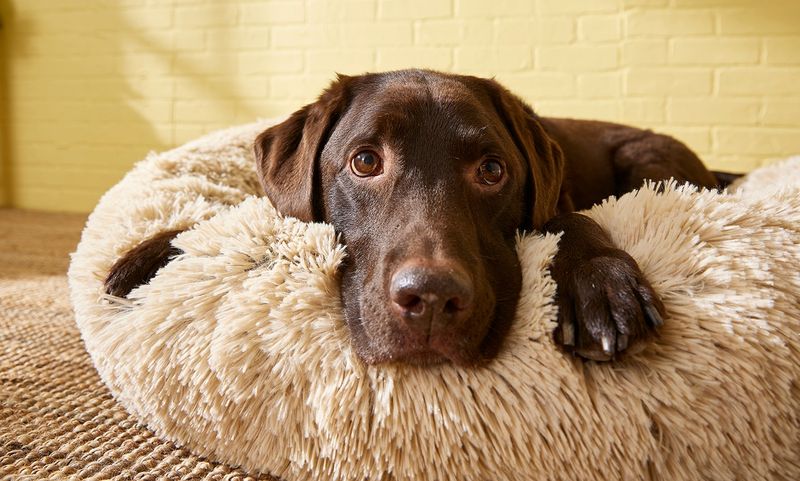
Designing a comfortable retreat addresses your dog’s changing needs. Extra padding, easy access to water, and proximity to family activities all matter now.
Consider temperature preferences – many senior dogs appreciate additional warmth. Position their bed where they can observe household activity without feeling isolated or overwhelmed by too much stimulation.
14. Comfort: Journaling Your Journey

Writing about your experiences creates space for processing complex emotions. Record special moments, funny memories, or simply how you’re feeling each day.
This practice offers therapeutic release during difficult times. Later, these writings become precious records of your final chapter together and the depth of your bond.
15. Comfort: Seeking Support Groups
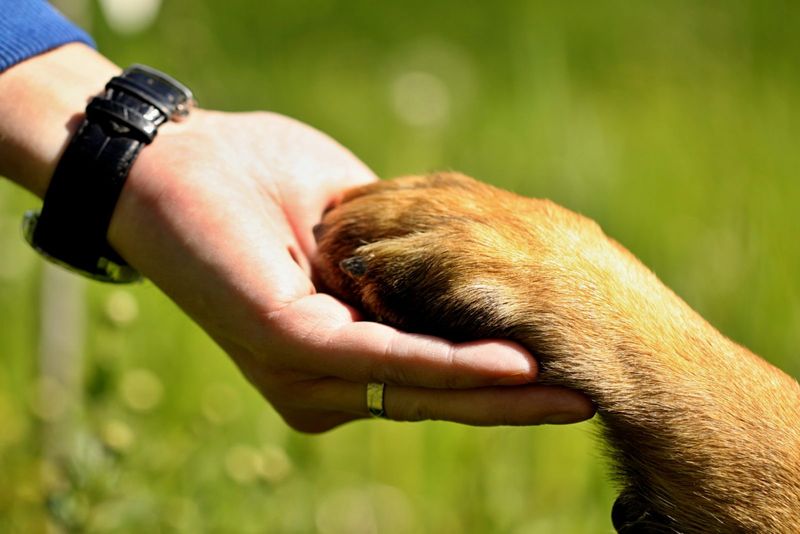
Connecting with others who understand pet loss provides validation when you need it most. Online forums, veterinary-sponsored groups, or dedicated pet grief counselors offer specialized support.
Sharing your experience with those who truly understand helps normalize the profound grief that accompanies losing a beloved companion. You’re never alone in this journey.






